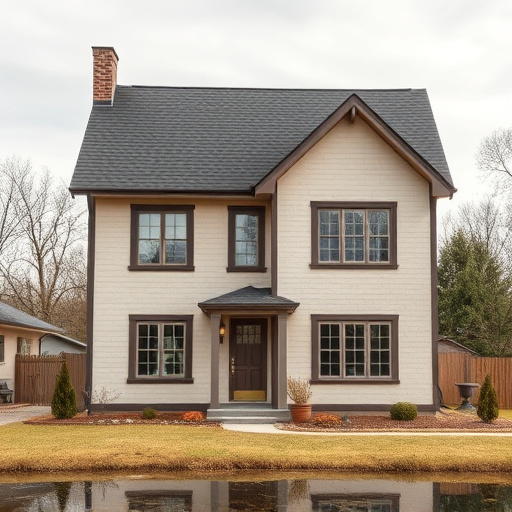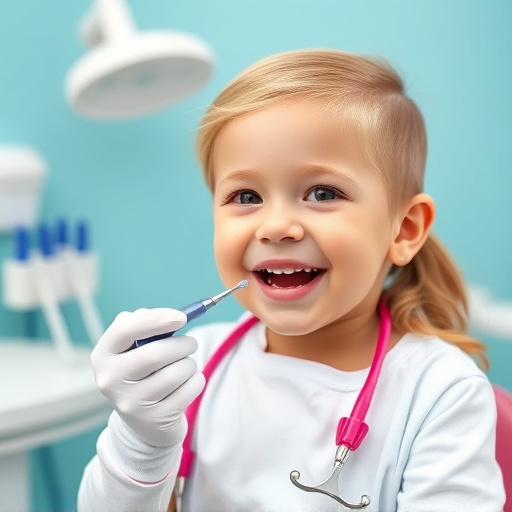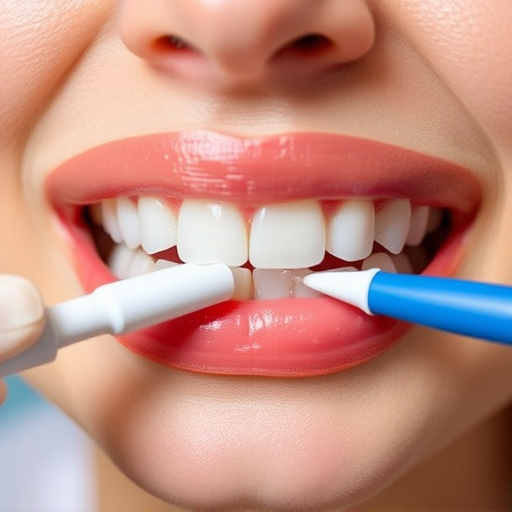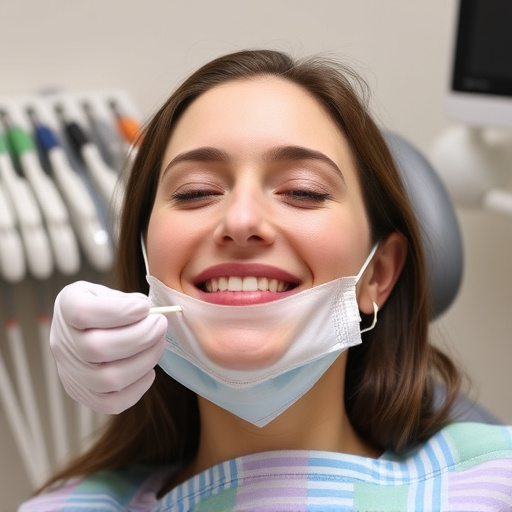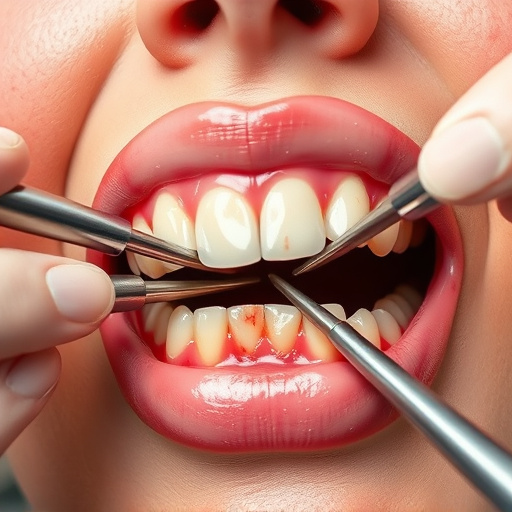Rural communities face unique challenges with limited access to dental care due to resource scarcity and fewer healthcare providers. This has led to higher rates of dental diseases among rural residents, especially children. To address this critical need, rural clinics are integrating comprehensive oral health assessment programs into their services, offering preventive treatments, specialized procedures, and education. By doing so, these clinics significantly improve access to dental care, detect early signs of oral diseases, and enhance accessibility for underserved communities, ultimately improving overall oral health in rural areas.
In recent years, the demand for accessible oral health assessment services has been on the rise in rural communities. The increasing need for specialized dental care in these areas highlights a critical gap that requires attention. This article explores how rural clinics are stepping up to provide comprehensive oral health assessments, addressing a growing concern. We delve into the expansion of dental services, its benefits, and the unique challenges faced by these clinics in integrating such assessments into their practices.
- The Increasing Need for Oral Health Assessment in Rural Areas
- How Rural Clinics are Expanding Their Dental Services
- Benefits and Challenges of Integrating Comprehensive Oral Health Assessments
The Increasing Need for Oral Health Assessment in Rural Areas
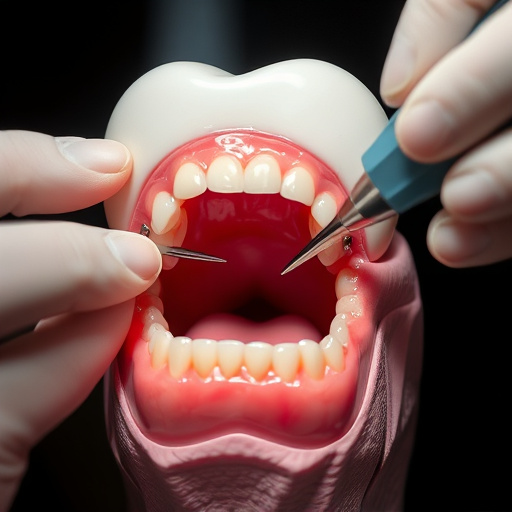
In recent years, the demand for comprehensive oral health assessment services has been on the rise in rural areas, highlighting a growing need that cannot be overlooked. Rural communities often face unique challenges when it comes to access to quality dental care, with limited resources and fewer healthcare providers available compared to urban regions. As a result, preventable oral health issues have become more prevalent among residents of these remote locations.
The absence of regular dental cleanings and routine oral exams in rural clinics has led to increased incidences of dental diseases, particularly in children’s dentistry. This gap in oral healthcare services not only impacts individual well-being but also contributes to broader health disparities. Therefore, integrating robust oral health assessment programs into rural clinic settings is a vital step towards ensuring equitable access to care and improving the overall oral health of these communities.
How Rural Clinics are Expanding Their Dental Services
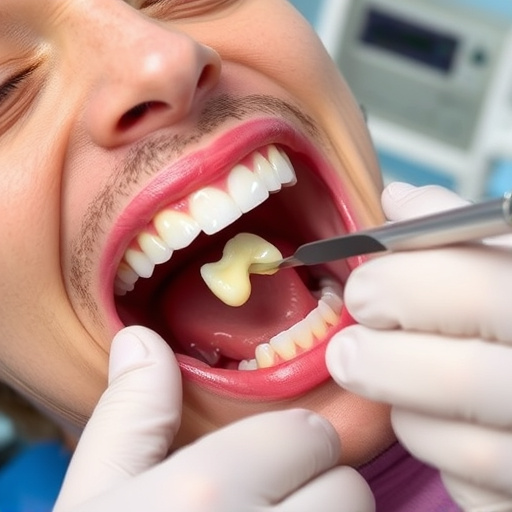
Rural clinics are no longer just providing basic primary care; they are expanding their dental services to meet the growing oral health needs of their communities. This shift is driven by a recognition that access to dental care in remote areas can be significantly improved by integrating these services into existing healthcare infrastructure. Many rural clinics are now offering comprehensive oral health assessment services, including routine dental screenings, preventive treatments, and even specialized procedures such as wisdom tooth removal.
The diversification of dental services in rural settings goes beyond traditional check-ups and cleanings. Some clinics are also introducing innovative solutions like clear aligners for teeth straightening, catering to the aesthetic and functional preferences of a younger demographic. By combining these advanced treatments with basic oral health education, these clinics are fostering better oral hygiene practices and promoting long-term dental health for their patients.
Benefits and Challenges of Integrating Comprehensive Oral Health Assessments
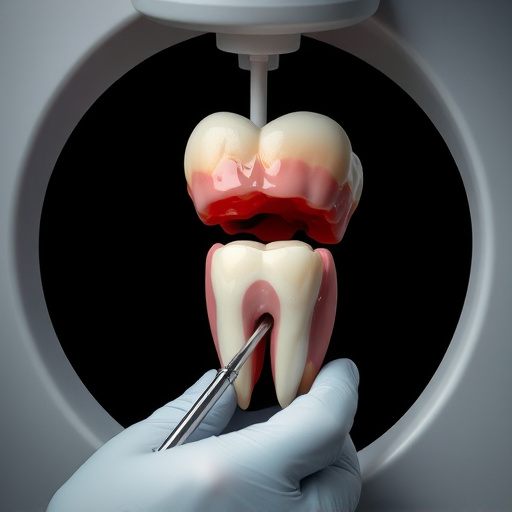
Integrating comprehensive oral health assessments into rural clinic services offers a multitude of benefits for communities often lacking access to specialized dental care. These assessments can detect early signs of oral diseases, such as tooth decay or gum inflammation, enabling timely interventions like dental cleanings or minimal restorative procedures, like dental bonding. By providing these services locally, rural residents avoid the inconvenience and potential barriers of travelling long distances for dental care, enhancing overall accessibility and timeliness of treatment.
However, implementing such initiatives faces challenges, including limited resources and the need for qualified dental professionals in remote areas. Rural clinics might require additional staffing or specialized equipment to conduct thorough oral health assessments. Moreover, ensuring consistent access to essential dental services like dental crowns may be difficult due to fluctuating availability of external specialists or supplies. Nonetheless, strategic partnerships between rural clinics and urban dental facilities can help overcome these hurdles, ultimately improving the oral health of underserved communities.
Rural clinics are increasingly recognizing the vital role of comprehensive oral health assessment in addressing the unique dental needs of their communities. By expanding services and integrating advanced oral health assessments, these clinics are enhancing patient care and promoting overall well-being. While challenges exist, such as resource allocation and access to specialized personnel, the benefits—including improved oral health outcomes and increased accessibility to care—outweigh the difficulties. As rural healthcare continues to evolve, oral health assessment services will play a crucial role in bridging the gap between urban and rural dental care.



